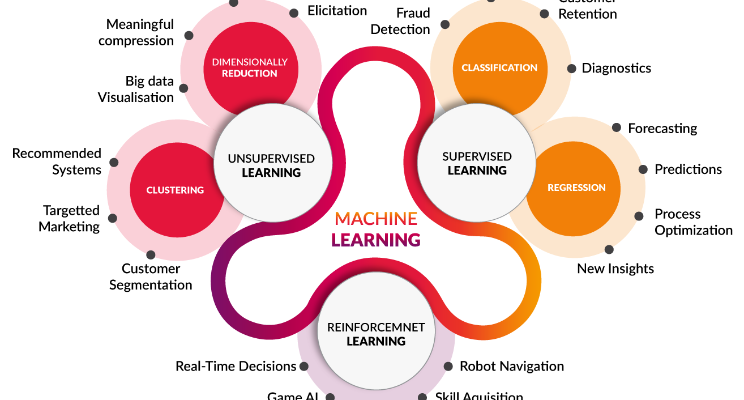News Blast Hub
Stay updated with the latest news and insights.
Are Machines Learning or Just Memorizing?
Discover the truth behind AI! Are machines truly learning or just memorizing? Uncover the secrets in our latest blog post!
Are Machines Learning or Just Memorizing? Understanding the Distinction
The debate over whether machines are truly learning or simply memorizing highlights a crucial distinction in the field of artificial intelligence. While traditional programming relies on explicitly defined rules, machine learning enables systems to recognize patterns in data through algorithms. This process involves learning from experience, similar to how humans learn from past encounters. However, the quality of this learning depends heavily on the data provided; without a diverse and representative dataset, machines may resort to memorizing specific instances rather than developing a generalized understanding.
To illustrate this difference, consider the performance of an AI trained to identify images of cats. If it only sees photos of cats in particular poses or lighting, it may memorize those specific images instead of genuinely learning to recognize the characteristics of a cat. Thus, the AI's capability is limited to the examples it has encountered. In contrast, a well-designed machine learning model can adapt and generalize its knowledge, allowing it to correctly identify cats in various settings, which exemplifies true learning. Understanding this distinction is key for developers and businesses aiming to harness the power of AI effectively.

The Difference Between Learning and Memorization in AI
In the realm of artificial intelligence (AI), learning and memorization represent two distinct processes that contribute to how machines process and utilize information. Learning involves the ability of an AI system to adapt and improve its performance on certain tasks over time, by analyzing patterns in data. This form of intelligence often employs algorithms such as neural networks and decision trees, enabling the AI to make predictions or decisions based on the trends it identifies from large datasets. In contrast, memorization is the more static retention of information without the ability to generalize or make inferences. An AI that merely memorizes data can recall specific details but fails to extrapolate or apply that knowledge to new, unseen situations.
The implications of these two processes are significant when considering the applications of AI. For instance, in learning, an AI model developed for fraud detection continuously improves by updating its understanding of transaction patterns, thereby enhancing accuracy. On the other hand, an AI that relies solely on memorization may perform well with familiar data but could struggle when confronted with variations, as it cannot adapt or learn from experiences. Therefore, understanding the difference between learning and memorization in AI is crucial for developers and researchers aiming to build more robust AI systems that excel in dynamic environments.
Can Machines Truly Learn or Are They Simply Imitating?
In the ongoing debate about artificial intelligence, one question stands out: can machines truly learn, or are they merely imitating human behavior? At its core, this question examines the essence of machine learning and the distinction between true learning and sophisticated imitation. Traditional machine learning algorithms rely on vast datasets to identify patterns and make predictions, often mimicking human cognitive processes. However, the extent to which these machines understand or contextualize their 'knowledge' remains questionable. This brings us to the vital distinction between genuine learning, which involves comprehension and adaptability, and imitation, which is purely a replication of observed behaviors.
As technology evolves, the boundaries between learning and imitation blur further. For instance, a neural network trained to generate art may produce stunning pieces that resemble human creativity, yet can we claim that it truly learns in the same manner a human artist does? The realities of machine learning, including its reliance on algorithms, data, and curated experiences, suggest that while machines can process information and generate outputs, their understanding is fundamentally different from that of humans. In conclusion, while machines excel in pattern recognition and can produce results that seem like learning, it is essential to acknowledge that they remain, in many respects, champions of imitation rather than bastions of true cognitive learning.